Troubleshooting a Gas Oven
If you are facing gas oven temperature problems, it’s essential to troubleshoot the issue promptly to ensure you can continue using your oven efficiently. Two common areas to inspect are the igniter and the burner, as issues with these components can lead to a gas oven that won’t heat up as expected.
Checking the Igniter
One of the primary causes of a gas oven not heating up is a weak igniter. The igniter plays a crucial role in the heating process by igniting the gas to produce heat for cooking. If the igniter is weak or faulty, it may not reach the required temperature to allow current flow to the safety valve, preventing gas flow to the burner for ignition.
To troubleshoot the igniter, consider the following steps:
- Visual Inspection: Check if the igniter is glowing when the oven is turned on. If it fails to glow, the igniter element may be broken and require replacement.
- Testing with a Multimeter: Use a multimeter to check the resistance through the igniter. If the resistance is off, it indicates a faulty igniter that needs to be replaced.
Remember, testing the igniter should be done after going through basic troubleshooting steps. If the burner still fails to ignite even with a glowing igniter, it’s a clear sign that the igniter needs attention.
Inspecting the Burner
If your gas oven is emitting buzzing or clicking sounds instead of heating up, there may be issues with the burner. It’s crucial to address any signs of malfunction promptly to avoid further complications that could render your oven inoperable (Universal Appliance Repair).
To inspect the burner and associated components, consider the following:
- Check the Wiring: Examine the wiring in the ignition circuit to ensure all connections are secure and free of damage.
- Inspect the Control Board: Investigate the electronic oven control board for any signs of malfunction. If the issue persists after checking the igniter and safety gas valve, the fault might lie in these components (Sears Home Services).
By meticulously examining the igniter and burner, you can pinpoint the root cause of your gas oven’s heating issues and take appropriate steps to resolve them. Remember, safety is paramount when dealing with gas appliances, so always follow best practices and consider seeking professional assistance if needed.
Professional Help and Safety
When faced with gas oven temperature problems, understanding the importance of professional repairs and prioritizing safety measures is paramount to ensure the efficient functioning and longevity of your appliance. Let’s delve into the significance of seeking professional assistance and essential safety tips for gas appliance repair.
Importance of Professional Repairs
Gas ovens, being complex appliances, require specialized knowledge and expertise to diagnose and rectify issues effectively. Attempting repairs, especially those involving gas appliances, without the necessary skills can pose significant risks to your safety and the proper functioning of the oven (Mr. Appliance). Even electric appliances should only be serviced by professionals to ensure that repairs are conducted correctly and to prevent future complications.
Recognizing signs of deterioration in your gas oven and promptly seeking professional help ensures that the appliance is repaired correctly and safely. Professional technicians have the training and experience to handle gas appliances with care, minimizing the chances of accidents and ensuring the longevity of your oven (Sears Home Services).
Moreover, DIY repairs on gas ovens can potentially void warranties, as most appliances come with manufacturer warranties that cover repairs or replacements within a specific period. By relying on professional technicians for repairs, you can safeguard your warranties and ensure that your appliance remains protected.
Safety Tips for Gas Appliance Repair
- Avoid DIY Gas Repairs: Gas appliance repairs involve intricate components and potential risks if mishandled. It is safer to leave such repairs in the hands of experienced professionals who can ensure the correct diagnosis and resolution of issues.
- Ventilation Matters: When working on gas appliances, ensure proper ventilation in the area to prevent the accumulation of gas fumes. Adequate ventilation reduces the risk of gas buildup, safeguarding against potential hazards.
- Turn Off Gas Supply: Before any repair work, always turn off the gas supply to the oven to prevent gas leaks or accidental ignitions. This simple step can prevent dangerous situations and ensure a safer repair process.
- Use Protective Gear: When handling gas appliances, wear appropriate protective gear such as gloves and goggles to shield yourself from potential injuries. Safety should always be a priority when dealing with gas-powered equipment.
By acknowledging the importance of professional repairs and adhering to safety guidelines, you can address gas oven temperature problems effectively while prioritizing the well-being of yourself, your home, and your appliance. Remember, when in doubt, always seek the assistance of trained professionals to guarantee the safe and efficient operation of your gas oven.

